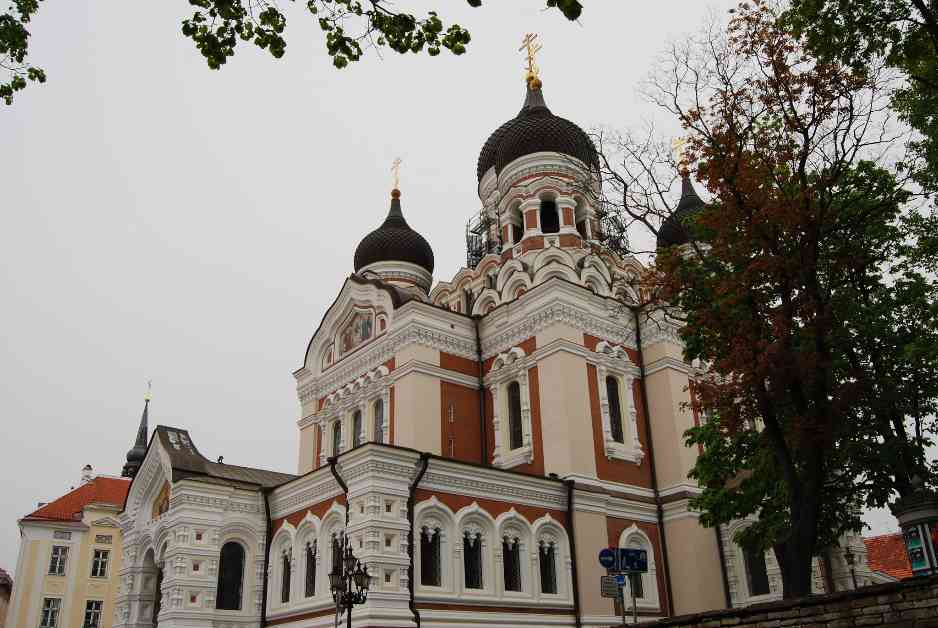Proposed Law Threatens Russian Orthodox Church in Estonia
In a groundbreaking move that could have far-reaching implications, the Estonian Interior Ministry has put forth a proposed law that could effectively terminate the operations of the Moscow Patriarchate Estonian Orthodox Church (MPEÕK) in Estonia. The draft law is a response to growing concerns about the Church’s alleged ties to Russian influence, which have raised red flags among Estonian officials.
Interior Minister’s Concerns and Recommendations
Interior Minister Lauri Läänemets has been at the forefront of this proposed legislation, citing the need to sever any connections between the MPEÕK and entities that support military aggression. Läänemets has publicly expressed apprehensions about the Church’s role as a potential tool of influence for Moscow, emphasizing the significant control it wields over decision-making processes in Estonia.
The Implications of the Proposed Law
If the law is passed, the MPEÕK would be required to make substantial changes to its organizational structure, including the complete severance of ties with Moscow. This would involve removing any references to Tomos and Moscow Patriarchate control from its statutes. The legislation is currently scheduled for a parliamentary vote in April, indicating the seriousness of the situation.
Ensuring Compliance and Protecting Religious Freedom
Should the proposed law come into effect, the MPEÕK will have a limited timeframe of two months to implement the necessary reforms. Failure to comply could result in the Estonian state taking enforcement action, potentially leading to the dissolution of the Church’s overarching organization. However, it is important to note that individual congregations and church buildings are not targeted by this law, allowing worshipers to continue practicing their faith without interference.
As this critical issue continues to unfold, it raises broader questions about the intersection of religion, politics, and national security in Estonia. The potential impact of this proposed law on the Russian Orthodox Church in Estonia goes beyond just religious considerations, touching on issues of sovereignty, influence operations, and historical ties.
In times of uncertainty and change, it is crucial to engage in open dialogue and informed discussions to navigate complex issues such as these. The proposed law serves as a reminder of the delicate balance between religious freedom and national security, highlighting the need for careful deliberation and thoughtful decision-making in addressing sensitive matters.
We encourage our readers to stay informed about this developing situation and to consider the diverse perspectives at play. By fostering a deeper understanding of the complexities involved, we can work towards building a more inclusive and resilient society that respects both religious diversity and national interests.
Let us reflect on the challenges posed by this proposed law and strive to find constructive solutions that uphold fundamental rights while safeguarding the integrity and security of our communities.

















